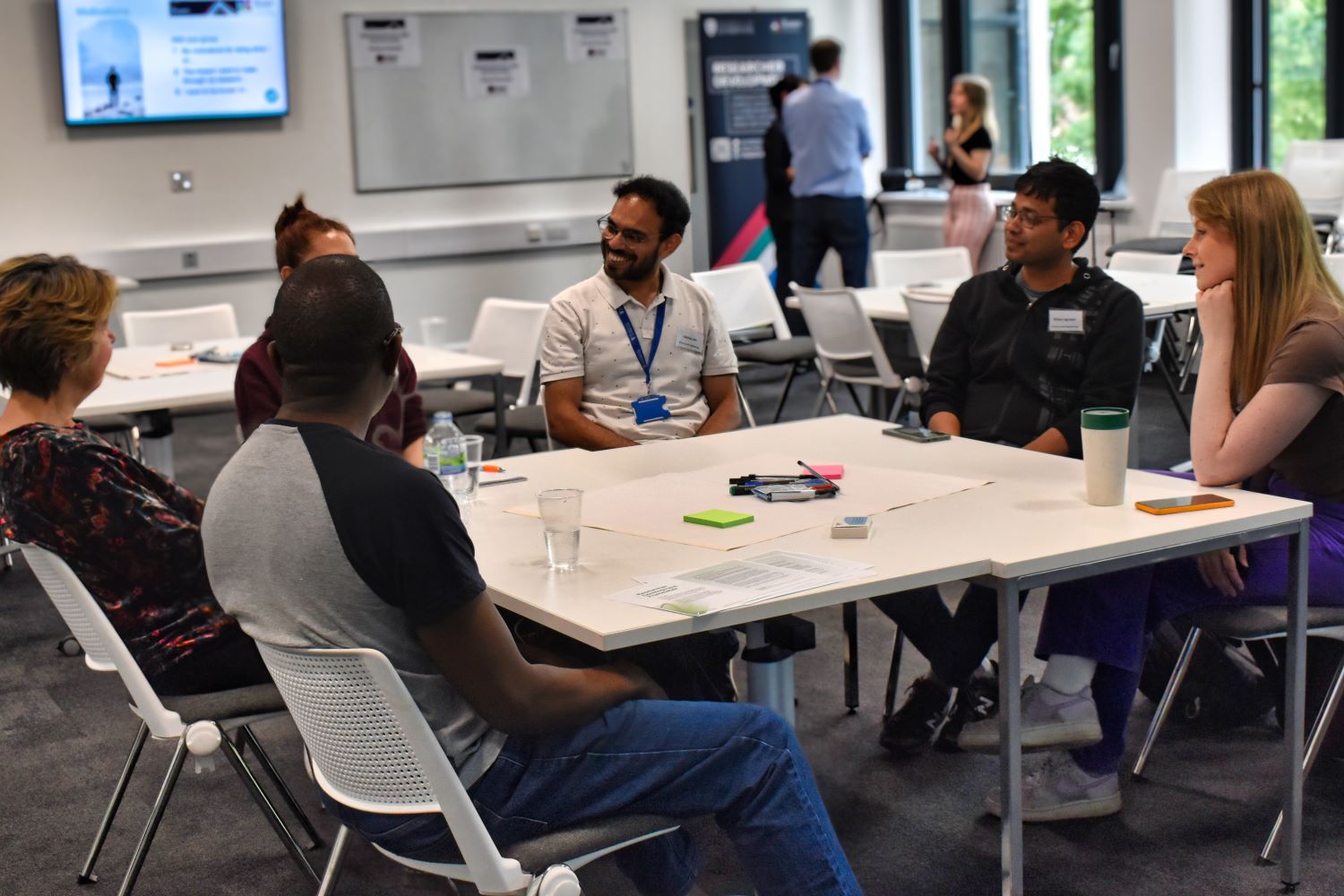Embedding EDI in Impact and Research Design
Posted on: 11 April 2024 by Cat Tully (Number of words: 337; Read time: 1 minute, 41 seconds) in Blog posts

Cat Tully, Impact Evidence Coordinator for the Faculty of Humanities and Social Sciences, discusses how the Faculty Impact Team are supporting researchers to embed meaningful consideration of equity, diversity and inclusion into planning for research and impact.
Equality, diversity and inclusion (EDI) has been a priority of the higher education agenda for some time, and is now, in many contexts, a mandatory consideration. Whilst EDI can be a powerful approach to systemic change, the failure to meaningfully embed EDI to the extent it becomes integral to every action and decision runs the risk of superficiality.
Exploring ways in which to share and support EDI best practice in research and impact design, the HSS Impact Forum determined that fostering equitable, diverse and inclusive environments requires the development of practical support tools at the nuts and bolts level. In response, the Faculty Impact Team developed the EDI Checklist for Impact and Research Design (staff intranet), which draws on the rich expertise of our academic community to provide tangible support, and by default, promotes continuous practices of reflection and critical engagement fundamental to the embedding of the EDI agenda.
The checklist is intended as a starting point, and a non-exhaustive primer for considering all aspects of EDI in relation to impact at the outset of a new research project, even before funding applications are completed. It encourages research teams to consider EDI in relation to their own cohorts and methodological approach, but also extends to partners and collaborators, and to beneficiaries, audiences and other connected parties. Definitions of EDI stem from the Equality Act 2010, and the characteristics legally protected by it; the checklist also makes provision for a broader range of criteria, including REF criteria, institutional commitments such as Athena Swan (AS) and the Race Equality Charter (REC), and governmental priorities such as the Sustainable Development Goals (SDGs).
If you would like to learn more about planning for EDI in impact and research design, we’ll be holding a workshop in June as part of Making an Impact 2024. In this workshop we’ll be supporting participants to consider critically inclusive approaches to project design and delivery, and to develop skills that foster more diverse and inclusive research and innovation systems. We hope to see you there!
'Planning for Equity, Diversity and Inclusion in Impact and Research Design' is taking place on 3rd June, 11:00-13:00 BST in person at the University of Liverpool. Find out more and reserve your place here: https://MAI24PlanningEDI.eventbrite.co.uk
About the author
Cat Tully is the Impact Evidence Coordinator for the Faculty of Humanities and Social Sciences, University of Liverpool.
Keywords: Confidence, Community, Impact, Personal effectiveness, Public engagement, Making an Impact.